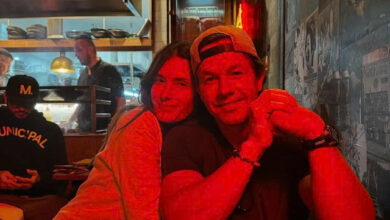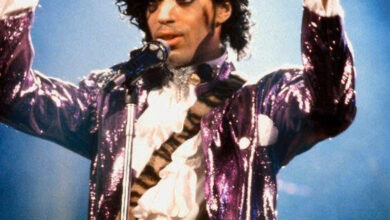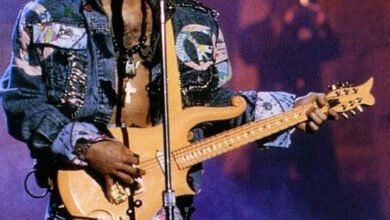From the Stage to the Screen: Emilia Clarke’s Theatrical Background and Its Influence on Her Acting
OPINION: This article may contain commentary which reflects the author's opinion.
Emilia Clarke’s rise to global fame as Daenerys Targaryen in Game of Thrones is a story of both talent and timing. While her commanding presence on screen might suggest a natural-born film star, it was Clarke’s early days in theater that laid the foundation for her craft, shaping her into the versatile actress the world knows today.
Roots in the Theater
Before she was breaking hearts in Westeros, Clarke was honing her skills on the stage. A graduate of the Drama Centre London, Clarke’s training focused on classical theater, giving her an in-depth education in everything from Shakespearean roles to contemporary performances. The intensity of stage work, where there’s no “cut” and the actor must stay in character for long stretches, prepared Clarke for the demanding roles she would later tackle in film and television.
One of the key aspects of stage training is learning how to project emotion and connect with an audience in real-time. Clarke, who performed in plays like Breakfast at Tiffany’s on London’s West End, became adept at capturing subtle emotions and making them resonate with the audience, a skill that translated seamlessly to the small screen. Her ability to convey vulnerability, strength, and resilience made Daenerys Targaryen one of the most compelling characters in Game of Thrones.
Emotional Depth and Range
Theater actors must develop a broad emotional range, and Clarke is no exception. Her stage experience gave her the tools to master emotional depth, something that’s particularly evident in her on-screen roles. In Game of Thrones, her journey from a timid, exiled princess to the Mother of Dragons demanded a nuanced portrayal of inner conflict and transformation.
Clarke’s ability to fully inhabit her characters comes from the immersive nature of theatrical performance. Unlike film, where scenes can be shot out of order and repeated multiple times, stage actors must live in the moment. This training helped Clarke bring authenticity to her roles, allowing audiences to feel the emotional journey of her characters in real time.
The Physicality of Performance
In addition to emotional depth, Clarke’s theatrical training gave her a strong sense of physicality. Stage actors learn to use their entire body to communicate emotions, from subtle gestures to dramatic movements. Clarke’s embodiment of Daenerys’s power—whether in a quiet scene or during a battle sequence—speaks to this training. Her performance is not just in her words, but in the way she carries herself, expressing authority, fear, or compassion without saying a word.
Voice Control and Projection
One of the most crucial elements Clarke developed through her stage work is voice control. Theater actors are taught to project their voice to reach the back of the room, while also modulating their tone to express various emotions. This skill is especially useful in roles where dialogue carries the weight of a scene, as it often does in period dramas or intense character-driven stories.
In Clarke’s case, her vocal performance in Game of Thrones—whether delivering speeches in Valyrian or engaging in emotionally charged scenes—demonstrates a mastery of vocal control. The balance between authority and vulnerability in her speech patterns adds layers to her characters, making them feel more dynamic and real.
Transitioning to Film and Television
While theater is where Clarke began, her transition to film and television has only enhanced her range. The close-up intimacy of the camera allows for more nuanced, internal performances, something that Clarke excels at due to her theatrical foundation. She’s able to express complex emotions with a glance or a subtle shift in posture, a skill that stage actors develop out of necessity when they must capture and maintain the audience’s attention.
Her work on screen, whether in Me Before You, Solo: A Star Wars Story, or Last Christmas, showcases how seamlessly Clarke has adapted her theater training to a medium that demands both subtlety and charisma.
Lasting Influence of Theater
Even after achieving fame on screen, Clarke remains connected to her theatrical roots. In interviews, she often speaks fondly of her time in the theater and expresses a desire to return to the stage when the right role comes along. It’s clear that her theatrical background has not only influenced her acting style but also shaped her overall approach to her craft.
Emilia Clarke’s journey from stage to screen is a testament to the enduring value of theater training. The discipline, emotional depth, and physicality she learned early in her career have allowed her to create iconic, memorable performances across genres and mediums. Whether commanding armies in Game of Thrones or bringing warmth and humor to romantic comedies, Clarke’s theatrical roots continue to shape her artistry, making her one of the most versatile actors of her generation.



